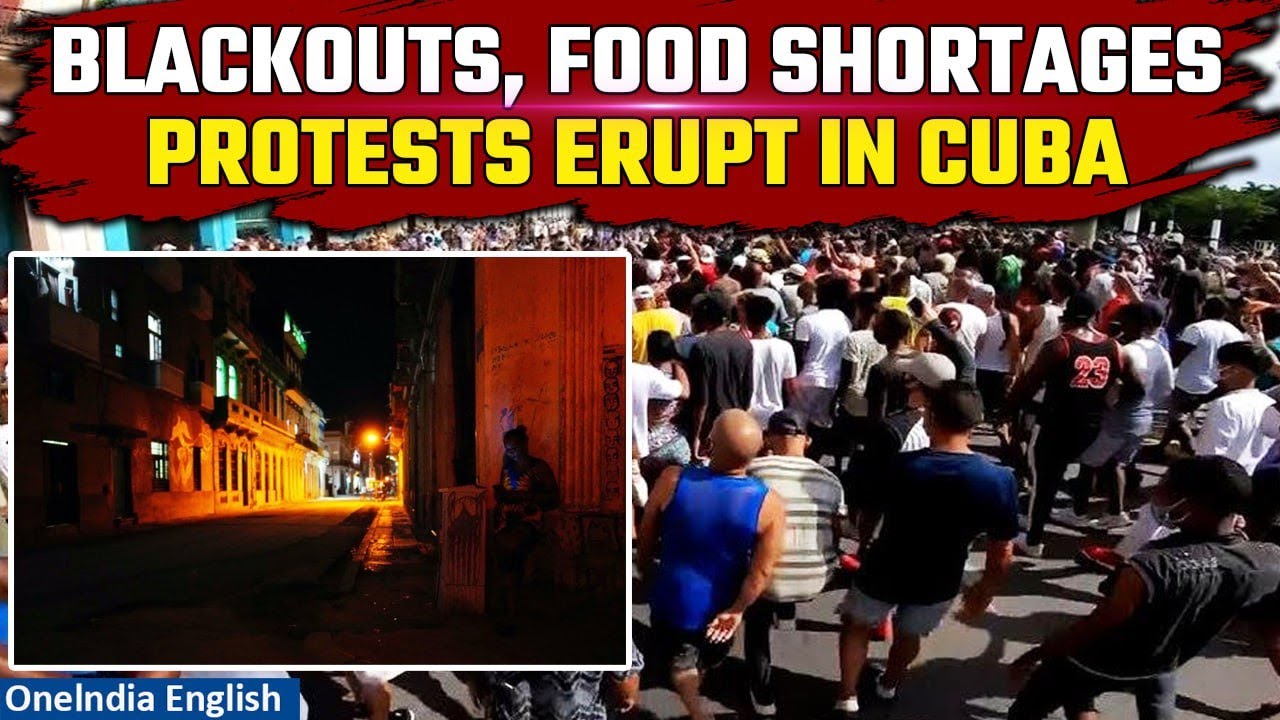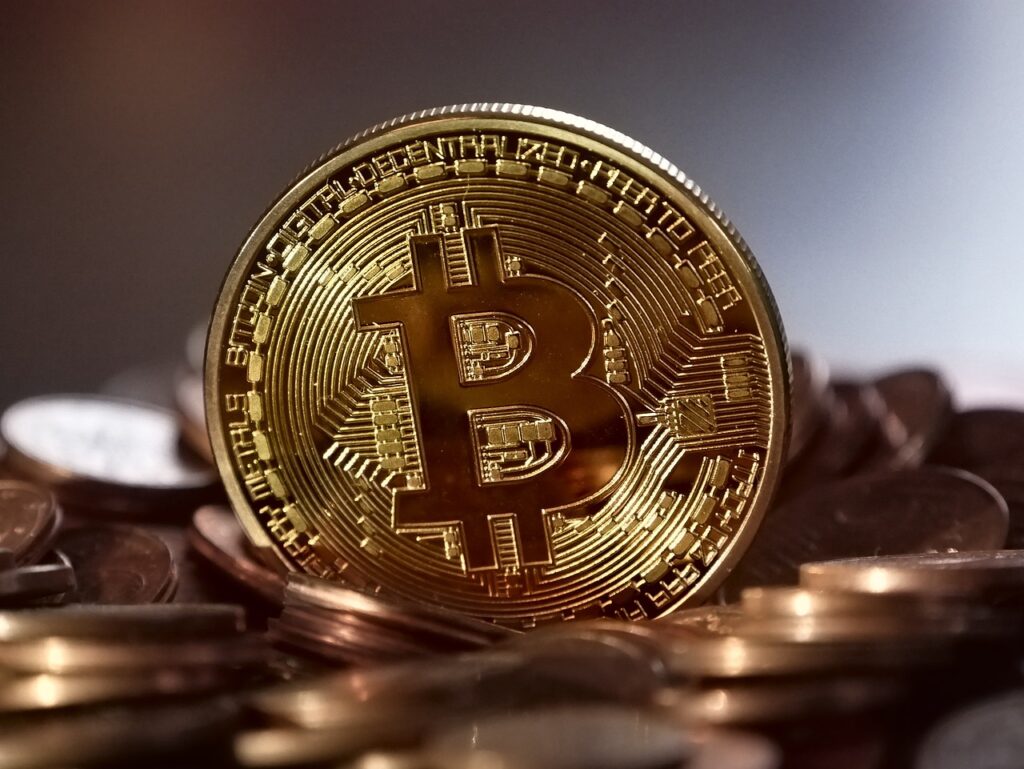Cuba is no stranger to hardship, but recent events have brought the island nation’s struggles into sharp relief. In an unprecedented display of public dissent, Cubans have taken to the streets, their chants for “food and electricity” echoing through the cities of Santiago de Cuba and Bayamo. These protests are a stark testament to the island’s deepening economic and energy crises, and they signal a critical juncture for the Cuban government and its people.
The immediate trigger for the unrest was a series of blackouts, some lasting up to 14 hours, which plunged parts of the country into darkness and exacerbated the already acute food shortages. The blackouts, a result of maintenance works on the Antonio Guiteras thermoelectric plant and a dire fuel shortage, have left residents struggling to preserve food and maintain daily life. The situation was so severe that even a 65-year-old resident, who preferred anonymity, couldn’t help but voice their concerns to the media.
The Cuban government, led by President Miguel Diaz-Canel, has acknowledged the people’s dissatisfaction, albeit framing it within a narrative of external antagonism. Diaz-Canel pointed to ‘enemies of the Revolution’ and “terrorists based in the United States” as exacerbating the discontent. This sentiment was echoed by Cuban Foreign Minister Bruno Rodriguez, who called for Washington to refrain from “interfering in the country’s internal affairs.”
In contrast, the U.S. embassy in Havana has taken a different stance, calling for the Cuban government to “respect the human rights of the protestors and address the legitimate needs of the Cuban people.” This call for respect and action was met with a formal complaint from the Cuban Foreign Ministry, which labeled the comments as interventionist and disrespectful.
The economic backdrop to these protests is grim. Cuba’s economy shrank by two percent in 2023, and inflation soared to 30 percent, according to official estimates. The reality on the ground, as some independent experts suggest, could be even more dire. The nation has seen a more-than 400 percent fuel price hike as part of an economic recovery plan, a move that has done little to alleviate the concerns of the average Cuban, who faces chronic shortages and a state salary that barely covers the essentials.
The Cuban government’s response to the protests has been a mix of concession and condemnation. In Santiago, Beatriz Johnson, the first secretary of the communist party, promised a “food basket” to the protesters, a gesture that stands in contrast to the government’s harsh crackdown on demonstrations in July 2021. Yet, the underlying issues remain unaddressed, and the government continues to blame the U.S. trade embargo for its economic woes.
The protests in Cuba are not just a cry for immediate relief but a call for deeper change. As Ricardo Torres, a Cuban economist, suggests, the solution lies not in short-term fixes but in a fundamental shift away from a centrally planned economy. The Cuban people are demanding more than just food and electricity; they are calling for a sustainable future that can weather the storms of economic and political upheaval.
The streets of Cuba tell a different story – one of a people pushed to the brink as the Cuban government and the U.S. exchange barbs, demanding the basic necessities of life. The international community watches closely, as the situation in Cuba unfolds, with the hope that dialogue and respect for human rights will pave the way for a resolution that meets the legitimate needs of the Cuban people.
Related posts:
Rare protests erupt in Cuba over food and electricity shortages
Cuba Protests US Comments Following Protests Against Power Blackouts, Food Shortages
Cuba blames US for stoking protests amid power cuts and food shortages





